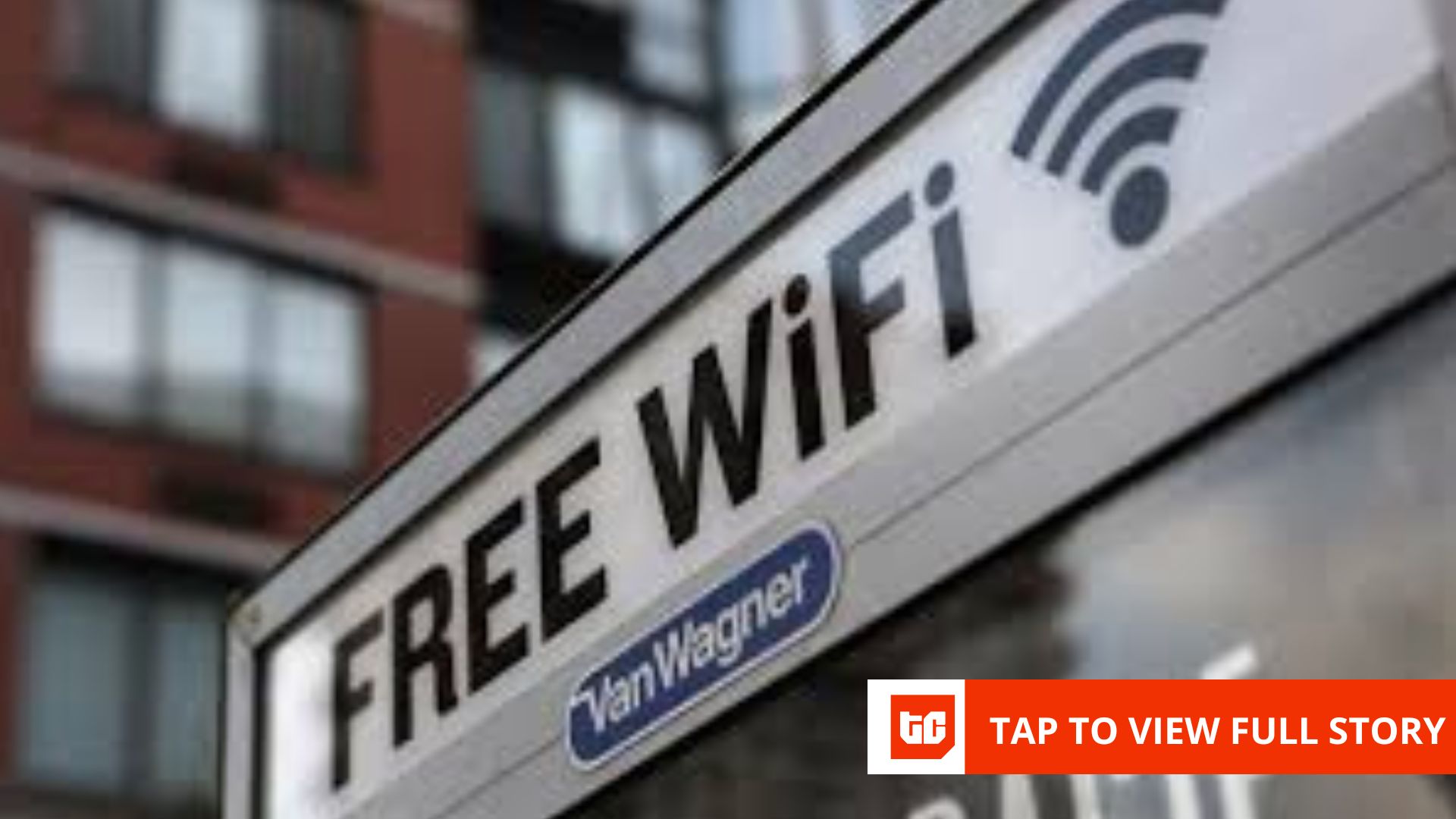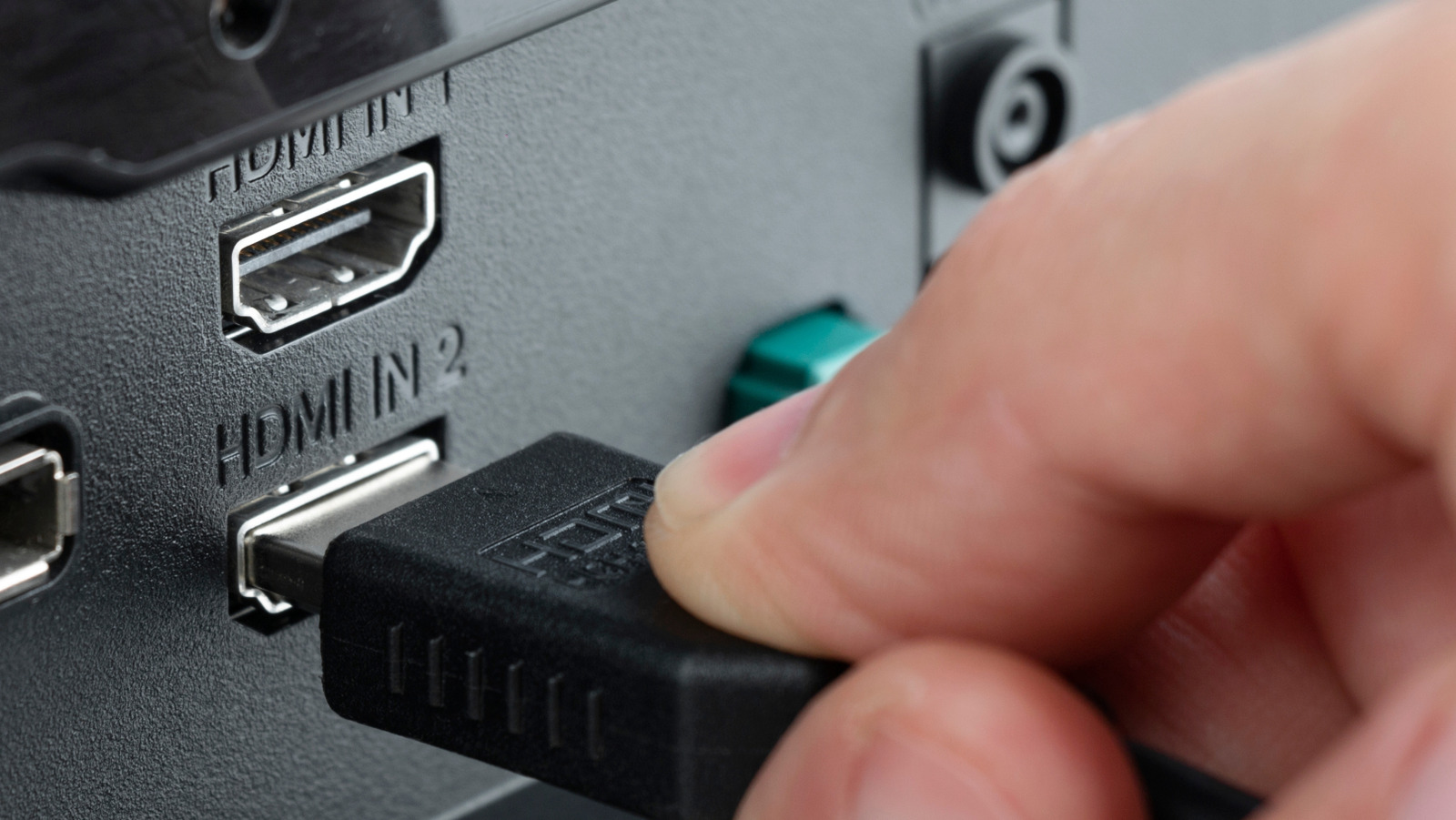In 2016, Lagos announced an ambitious plan to become a “smart city” — a digital hub where residents could access public WiFi in parks, transport terminals, and government buildings. A partnership with Dubai Holdings was meant to lay the foundation for this transformation, with free hotspots at locations such as Ikeja City Mall, Tafawa Balewa Square, and Murtala Muhammed Airport. For a moment, it looked like Africa’s largest city was finally catching up with global connectivity trends.
Nearly a decade later, those hotspots are gone, and Lagosians still rely almost entirely on expensive mobile data for internet access. Despite multiple government-backed and private-sector attempts, Lagos has no functional, citywide public WiFi network, a paradox for a megacity that prides itself as Nigeria’s commercial and innovation capital.
A string of failed initiatives
Lagos has not been short on ideas on connectivity. After the Smart City project fizzled out, the Lagos Ministry of Science and Technology partnered with MainOne to launch free public Wi-Fi in parks in 2017. The program offered free WiFi at select public parks, including Muri Okunola Park, Ndubuisi Kanu Park, and Johnson Jakande Tinubu Park. These zones provided students, freelancers, and small businesses with free internet access for about one year before disappearing quietly due to maintenance, funding, and bandwidth problems.
Even public transport wasn’t exempt from the state’s digital ambitions. When the Lagos Blue Line Metro launched on September 4, 2023, the government announced that commuters would enjoy free onboard WiFi. However, by 2025, most passengers report that the service no longer works.
Maryam, a video producer who used the train shortly after its debut, said the WiFi was functional at the time. Since then, the service appears to have been quietly discontinued, and Cowry WiFi, the company behind it, has gone silent on social media since 2023.
The Lagos State Commissioner for Innovation, Science, and Technology did not respond to a request for comment.
However, a senior government official, who spoke on the condition of anonymity, confirmed that the state provides WiFi access within certain public institutions, including the government secretariat and offices at Lagos State University. These networks, however, are password-protected and restricted to staff.
“In the past, we tried opening up WiFi access at public parks so that anyone within range could connect,” the official said. “But maintaining consistency and sustainability for such services proved difficult. Eventually, the park’s WiFi initiative couldn’t be sustained.”
In 2018, Google partnered with the Lagos State government to launch Project Link, a fibre infrastructure program, and Google Station, a public WiFi initiative to provide free internet in high-traffic locations across the city. However, Google Station was discontinued globally in 2020.
After debuting with ambitious plans to offer free WiFi in Lagos and other major cities, the project faced two major setbacks: declining mobile data prices, which reduced demand for free WiFi, and the difficulty of maintaining a sustainable business model across diverse infrastructure contexts. By late 2019, most Google Station sites in Lagos had gone offline, and the global shutdown was confirmed in February 2020.
Why does the network keep breaking down
Experts say Lagos’s WiFi failures stem from three intertwined challenges: poor infrastructure, unclear policy, and lack of funding.
“Bandwidth is not free to operators, and there is also the CAPEX required for the network,” said Ladi Okuneye, a telecom expert and CEO of Unicloud, a cloud infrastructure provider. “So who pays? There’s the advertising model with partners like Google or Meta. But the dilemma is that the number of subscribers/eyeballs you have to have on the network for them to share revenues with you is usually too high to achieve.”
Despite several past initiatives — including the metro fibre and fibre-optic rollout projects — Lagos still lacks a unified, public-facing digital infrastructure policy to coordinate efforts across agencies or ensure long-term sustainability. The Lagos Innovation Bill aims to close this gap by driving large-scale broadband expansion, providing investment incentives, and streamlining regulatory processes to strengthen digital inclusion and innovation. Introduced in early 2025, the bill’s first draft was completed in January, followed by stakeholder consultations in June. As of October 2025, it remains in draft form, undergoing final public review before submission to the Lagos State Assembly.
Then there’s the question of money. Public WiFi is expensive to deploy and maintain. Beyond high bandwidth costs, capital expenses (CAPEX) include hardware ($80–$400 per access point), fiber or wireless backhaul ($10,000–$50,000 per site), power systems, and installation. Civil works for fiber deployment drive most of the cost. While wireless backhaul can reduce expenses, fiber offers greater reliability and scalability. Overall, medium-sized public WiFi projects can cost anywhere from $10,000 to over $100,000, depending on scope and location.
“Even if the policy exists, it has to be funded,” said a telecom executive who requested anonymity to speak freely. “Lagos’ budgets over the years don’t seem to include a dedicated line for this.”
Private operators often turn to advertising partnerships with platforms like Google or Meta to offset costs, but these models rarely work in practice. To qualify for meaningful ad revenue or sponsorship deals, networks typically need to attract over 100,000 monthly active users—an unrealistic target for most public WiFi projects in Nigeria.
For private investors, infrastructure maintenance risk is a deterrent. “If you put in the infrastructure and you can’t guarantee government maintenance on the asset, you might want to think twice as an investor. See the BRT buses — there are about 400 not working,” said Wole Adetuyi, CEO of Swift Telephone Network, an internet service provider.
His comparison isn’t far-fetched. Out of a fleet of about 800 Bus Rapid Transit (BRT) buses in Lagos, only around 220 to 250 are reported as actively operational on the major BRT corridors daily. Over the years, maintenance, breakdowns, and scheduling constraints have meant that only a fraction of the total fleet hits the road at any given time. The Mile 12–CMS and Mile 12–Ikorodu routes routinely use between 220 and 250 high-capacity buses for scheduled runs, with additional buses rotated in and out for repairs and optimisation.
While Lagos State has announced ongoing upgrades and plans to expand the number of active buses, the shortfall reflects a broader infrastructure management problem that undermines confidence in public digital services like WiFi. As Adetuyi implies, even well-intentioned public projects struggle to survive without sustainable maintenance, clear oversight, and consistent funding.
The policy gap behind the digital divide
Public WiFi is not merely a convenience; it’s a tool for inclusion. When deployed on fixed broadband infrastructure—particularly fibre optic networks—it offloads users from mobile data networks, reducing network congestion and lowering access costs. It also enables those who can’t afford expensive data plans to connect for free or at a lower rate, making the internet more inclusive.
“There has to be an acceptance that this kind of service needs government investment to be sustainable,” said DIseye Isoun, CEO of Content Oasis, an internet service provider. “Even though it may not seem commercially viable to maintain WiFi hotspots, ultimately it is nation building because it leads to better health care, better educated populace, and commercial transactions.”
In cities like Nairobi, public WiFi has become a cornerstone of digital access. Kenyan provider Poa! Internet operates more than 3,000 public hotspots across Nairobi and Kiambu, while the government aims to expand to 25,000 by 2027. Johannesburg runs 84 free WiFi hotspots in libraries, clinics, and parks. Even Cairo offers free connectivity at eight major metro stations.
By contrast, Lagos, with over 20 million people, is struggling to sustain the few public WiFi projects it once had. This gap has forced students, small businesses, and low-income residents to rely almost entirely on mobile data plans, which have become increasingly unaffordable following February’s tariff hike.
Income levels are a key factor in broadband and public WiFi access. Research by Austin Coleman (2016) showed that every $10,000 increase in per capita income in the U.S. corresponded to a 9.36% rise in broadband adoption. Similarly, ITU data and other economic studies indicate that a 10% increase in broadband penetration can boost GDP per capita by 1.9–2.3%.
Global research also consistently links higher household income with greater broadband and device access, underscoring how economic inequality directly shapes digital inclusion. Communities with stronger broadband adoption tend to see higher rates of entrepreneurship, investment, and income growth, both in the U.S. and worldwide.
Assessing income levels helps policymakers and deployers target digital inclusion efforts effectively, subsidise or tailor services, and measure social equity impacts of public WiFi projects.
“Unless the government identifies a clear incentive, such as data collection or enabling digital public services, it won’t make public WiFi a priority,” said one telecom analyst, who asked not to be named to speak freely. “That’s why it’s not enough to view this as a technology issue; it’s a governance one.”
A slow fibre foundation
The current Governor Babajide Sanwo-Olu administration has taken a different route, focusing on physical infrastructure first. Through the Lagos State Infrastructure Maintenance and Regulatory Agency (LASIMRA), the state has laid over 6,000 kilometres of metro fibre to connect public schools, hospitals, and government buildings as of September 2025. Once the 30,000km network is complete, the state will seek new ways to make the service on fibre cable ducts more sustainable.
“What that is going to do for us is that it would open up clusters around the backbone that we have laid down,” the senior government official said. “ISPs, both small and large, can come in, invest in that infrastructure, and if they want, they can provide one week free service for customers around a particular cluster, along with a better experience in latency and increased bandwidth. They can monetise it after one week.”
In theory, this fibre backbone could power a stable, high-capacity public WiFi network. Fibre offers higher speeds, lower latency, and more reliability than mobile broadband backhaul, crucial for supporting hundreds of simultaneous users in high-traffic areas. But that vision depends on completing the rollout and maintaining the infrastructure over time—both areas where Lagos has struggled in the past.
“I don’t think public WiFi can ever succeed as a purely private effort — it needs to be a government-backed initiative with clear commercial incentives for private partners,” said Isoun.
Mark your calendars! Moonshot by is back in Lagos on October 15–16! Meet and learn from Africa’s top founders, creatives & tech leaders for 2 days of keynotes, mixers & future-forward ideas. Get your tickets now: moonshot..com









